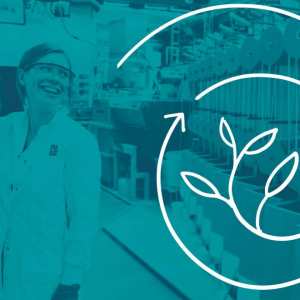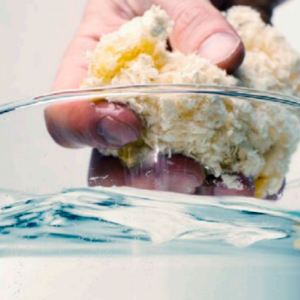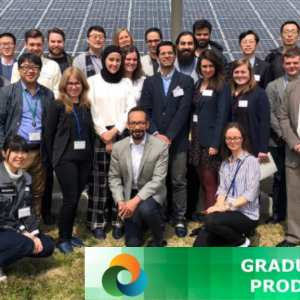Md Shafiqul Islam


Project time: 2020 – 2023
Budget: 13 264 800 kr
Failure prediction for complex load cases in sheet metal forming
The purpose of PREDICT is to achieve increased accuracy in failure predictions by developing advanced material models, calibration techniques and effective finite element simulations, which can enable unambiguous and reliable formability predictions. Specially, simulation failure predictions of phenomena such as non-linear strain paths, effect of strain rate, anisotropy and presence of edge cracks will be studied. Failure experiments will be performed, and characterization techniques will be developed to generate advanced FE-models that can easily be integrated to industry practice. Finally, FE-simulation driven metamodels based on AI will be developed to predict formability based on supplier data to make process adjustments for failure prevention. This will be an important step towards Industry 4.0 for the partners.
High prediction accuracy of FE-models will reduce rework loops on the forming surfaces of die and tools. This will prevent component failure, need for additional rework as well as fast-track the introduction of new lightweight materials to minimize environmental impact.
PREDICT gathers key competence from Swedish industry, research actors within manufacturing processes and FE-modelling, and leading experts in sheet metal forming. By co-financing of a new PhD in the formability area, the competence in the stamping industry in Sweden will be strengthened. The planned duration of this project is from 2021-01-01 to 2023-12-31. The total cost is estimated at SEK 13,264,800 of which public funds amount to SEK 6,498,000 (49%). The coordinator of this project is Blekinge Institute of Technology (BTH). Other parties participating in this project are RISE IVF, Volvo Cars, Alfa Laval, Volvo Trucks, SSAB and Scania CV.
Indium is a silvery metal that is very soft and malleable. Together with tin, the metal can be used to create indium tin oxide with properties that make it one of the most important components in the electronics industry. The goal of the project is therefore to build a recycling unit in a continuous production without waste.
2021 – 2023

Urinary incontinence is a common problem that affects everyone from young women who have recently given birth to men who have undergone prostate surgery. Amongst people over the age of 70, almost half of everyone, both women and men, suffer from involuntary urinary leakage.
2021 – 2023

A large number of building boards are used in both construction and furniture manufacturing. They are usually made of sawdust with a formaldehyde-based adhesive as a binder. However, they have some problems, including the fact that shavings absorb moisture and that formaldehyde is both allergenic and potentially carcinogenic. The LigniGC project aims to develop a better alternative.
2021 – 2023

A new environmentally friendly process for production of graphene based on equipment normally used in pulp industry
2021 – 2021
Urinary incontinence is a common problem that affects everyone, ranging from young women who have recently given birth to men who have undergone prostate surgery. Amongst people over the age of 70, almost half of everyone, both women and men, suffer from involuntary urine leakage.
2021 – 2023

The project aims to reduce the lead time for sheet metal die tryout by optimizing the value stream and develop methods for numerical compensation of die and press deflections.
2017 – 2019
The SQID project will develop an industrial cleaning and drying machine using Qlean water instead of traditional chemicals.
2016 – 2018
Cyclicor, which has its origins at Lund University, has in a previous project within Mistra Innovation successfully developed a method for producing the plastics polycarbonate (PC) and polyurethane (PU) without toxic additives. One goal of the Polyfree 2.0 project is to increase the production of the new plastics from lab scale to quantities that enable the participating industrial companies in turn to take steps towards finished products. Other goals are for the plastics to be recyclable as well as have the required properties.
2021 – 2023

Målet var att förstå de utmaningar som den svenska och japanska industrin står inför studiebesök.
2017 – 2018

For more than a hundred years, lubricants for various types of machines have mainly been made from fossil oil. The function has improved over time, but they also have disadvantages; they negatively affect the environment, human health and the climate. The project will therefore work to improve the practical applications by, together with other tests, combining lab tests with field tests.
2021 – 2023

Resilient and sustainable production for proactive production development of greenfield/brownfield.
2021 – 2024

The project created a sustainable test bed that by provides Swedish industry with facilities and tools to physically and virtually evaluate different manufacturing concepts.
2013 – 2016